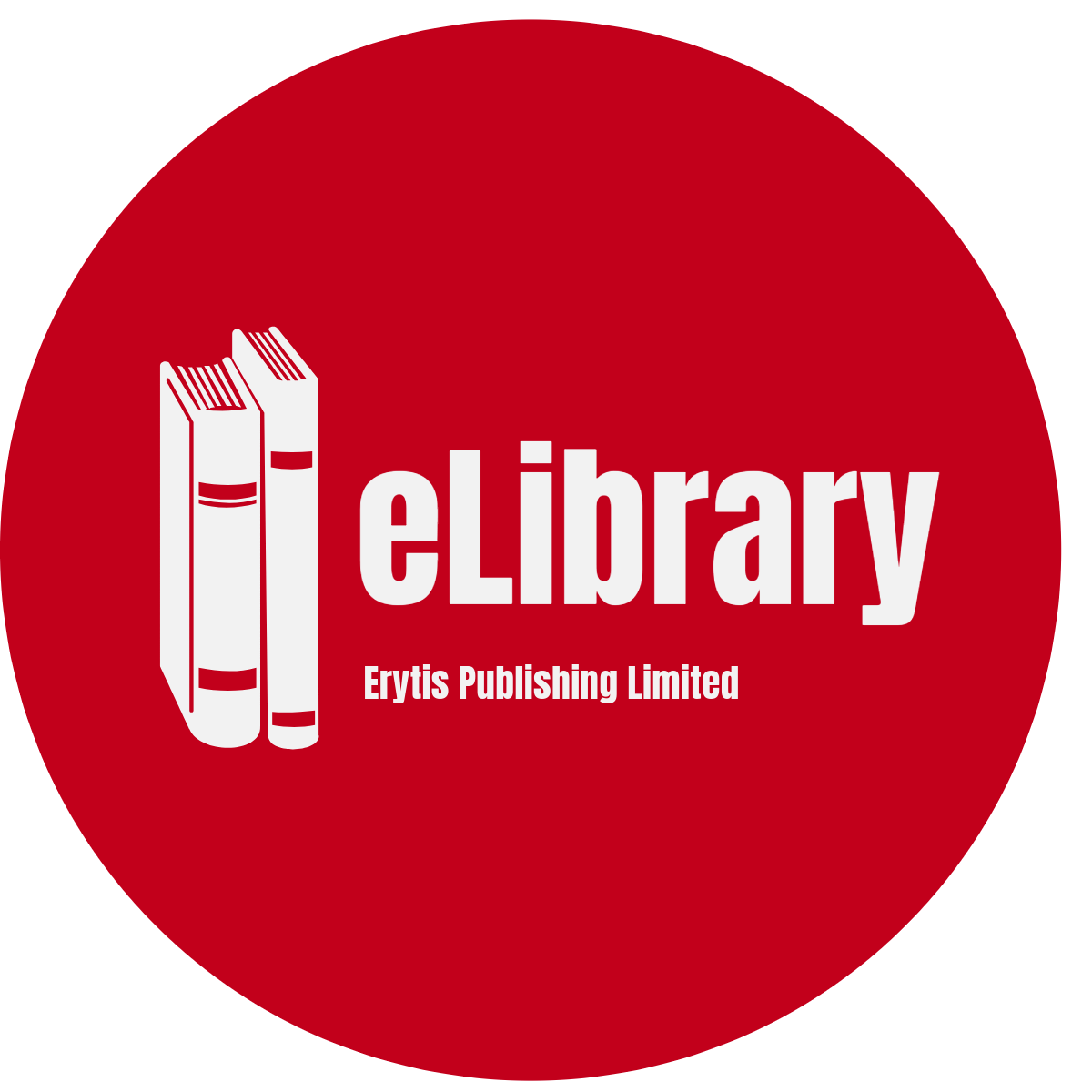




![]()
![]()
![]()
![]()


![]()
![]()


HOME
计算机科学辑要 Compendium of Computer Science (ISSN Print: 3079-5362, ISSN Online: 3079-5370) is a premier international, peer-reviewed Open Access (OA) journal dedicated to advancing the synthesis of cutting-edge research, technological innovations, and interdisciplinary applications across all domains of computer science. By curating high-impact reviews, methodological breakthroughs, and visionary perspectives, the journal serves as a dynamic hub for researchers, engineers, and industry leaders to explore the transformative potential of computational technologies. Rooted in rigor and global relevance, it bridges theoretical foundations with real-world challenges, fostering advancements in artificial intelligence, cybersecurity, quantum computing, and beyond.
Scope and Topics
The journal welcomes submissions spanning all fields of computer science, emphasizing innovation, scalability, and societal impact. Key areas include but are not limited to:
-
Core Computing Disciplines:
- Algorithms, Complexity Theory, and Automata
- Computer Architecture, Embedded Systems, and IoT
- Operating Systems, Distributed Systems, and Cloud Computing
- Programming Languages, Compiler Design, and Formal Methods
-
Artificial Intelligence & Data Science:
- Machine Learning, Deep Learning, and Generative AI
- Natural Language Processing, Computer Vision, and Robotics
- Big Data Analytics, Data Mining, and Knowledge Graphs
- Ethical AI, Explainability, and Fairness in Algorithmic Systems
-
Networking & Cybersecurity:
- 5G/6G Networks, Edge Computing, and Network Function Virtualization
- Blockchain, Cryptography, and Decentralized Systems
- Cyber Threat Intelligence, Privacy-Preserving Technologies, and Digital Forensics
- Post-Quantum Cryptography and Secure Multi-Party Computation
-
Software Engineering & Human-Computer Interaction (HCI):
- Agile Development, DevOps, and Software Quality Assurance
- User Experience (UX) Design, Accessibility, and AR/VR Interfaces
- Open Source Ecosystems, AI-Driven Code Generation, and Low-Code Platforms
- Software Sustainability, Technical Debt Management, and Legacy Modernization
-
Emerging Frontiers:
- Quantum Computing, Neuromorphic Engineering, and Bio-Inspired Algorithms
- Computational Biology, Bioinformatics, and AI-Driven Drug Discovery
- Climate Informatics, Green Computing, and Energy-Efficient Architectures
- Metaverse Technologies, Web3, and Decentralized Autonomous Organizations (DAOs)
-
Applied Computing & Interdisciplinary Synergies:
- Computational Social Science, Digital Humanities, and EdTech Innovations
- Smart Cities, Autonomous Vehicles, and Industry 4.0 Solutions
- Healthcare Informatics, Medical Imaging, and Wearable Technology
- FinTech, RegTech, and AI in Financial Systems
Journal Features
- Open Access: Freely accessible content under a Creative Commons CC BY 4.0 license, maximizing global reach and equitable knowledge sharing.
- Rigorous Peer Review: Double-blind review process managed by an international editorial board of leading experts.
- Interdisciplinary Focus: Encourages cross-pollination with fields like mathematics, engineering, biology, and social sciences.
- Practical Relevance: Prioritizes research with potential for industrial adoption, policy impact, or societal benefit.
- Diverse Formats: Publishes systematic reviews, technical surveys, benchmark studies, and visionary commentaries.
Target Audience
Researchers, software developers, data scientists, policymakers, educators, and industry professionals driving innovation in academia, industry, and public sectors.
Submission Guidelines
- Submission Types: Comprehensive reviews, methodological advances, empirical studies, and interdisciplinary syntheses.
- Language: Primary submissions in English (with Chinese abstracts); Chinese submissions require an extended English abstract.
- Ethical Standards: Declaration of conflicts of interest, reproducibility guidelines, and adherence to FAIR data principles.
- Formatting: Follow journal templates (available online); code snippets, datasets, and interactive visualizations are encouraged.
Publication & Accessibility
- Continuous Publication: Rolling submissions with rapid editorial decisions and Online First access.
- Data & Code Sharing: Supports open science via GitHub, Zenodo, and CodeOcean integration.
- Multimedia Supplements: Accepts video abstracts, algorithm demos, and Jupyter notebooks.
Special Sections
- AI for Good: Applications of AI in sustainability, healthcare, and social justice.
- Industry Case Studies: Real-world implementations of cutting-edge technologies (e.g., federated learning in healthcare).
- Quantum Leap: Advances in quantum algorithms, hardware, and hybrid classical-quantum systems.
Compendium of Computer Science invites global innovators to decode the future of computation. Join us in shaping technologies that redefine human potential and planetary resilience.



Erytis Publishing Limited
Always Open for Submissions
Peer-review
Online First
Open Access
Your work will be permanently available online, free to download, share and read
 Copyright © 2025 by authors and Erytis Publishing Limited.
Copyright © 2025 by authors and Erytis Publishing Limited.
Copyright and Licensing
Articles published by Erytis Publishing Limited journals are under a Creative Commons Attribution 4.0 International (CC BY 4.0) (https://creativecommons.org/licenses/by/4.0/) license, allowing users to copy, distribute and transmit an article and adapt the article and make commercial use of the article. The CC BY license permits commercial and non-commercial re-use of an open access article, as long as the author is properly attributed. This ensures that the work gets maximum exposure, and the authors receive due credit for their contribution.
Copyright on any open access article published by Erytis Publishing Limited is retained by the author(s). Authors grant Erytis Publishing Limited a license to publish the article and identify itself as the original publisher. Authors also grant any third party the right to use the article freely as long as its original authors, citation details and publisher are identified.





